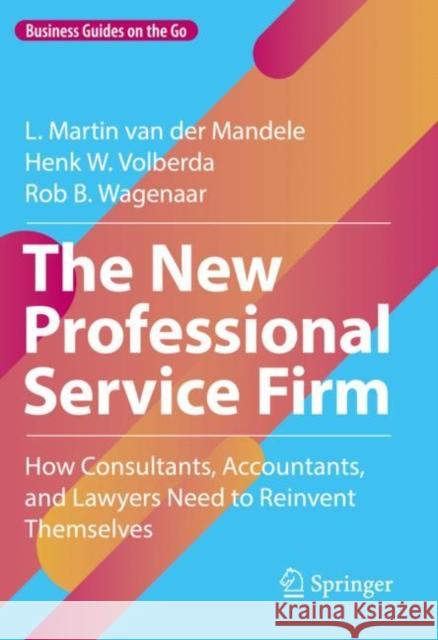The New Professional Service Firm: How Consultants, Accountants, and Lawyers Need to Reinvent Themselves » książka
topmenu
The New Professional Service Firm: How Consultants, Accountants, and Lawyers Need to Reinvent Themselves
ISBN-13: 9783031061332 / Angielski / Twarda / 2022 / 185 str.
The New Professional Service Firm: How Consultants, Accountants, and Lawyers Need to Reinvent Themselves
ISBN-13: 9783031061332 / Angielski / Twarda / 2022 / 185 str.
cena 152,58
(netto: 145,31 VAT: 5%)
Najniższa cena z 30 dni: 134,90
(netto: 145,31 VAT: 5%)
Najniższa cena z 30 dni: 134,90
Termin realizacji zamówienia:
ok. 22 dni roboczych
Dostawa w 2026 r.
ok. 22 dni roboczych
Dostawa w 2026 r.
Darmowa dostawa!
Kategorie:
Kategorie BISAC:
Wydawca:
Springer International Publishing AG
Seria wydawnicza:
Język:
Angielski
ISBN-13:
9783031061332
Rok wydania:
2022
Ilość stron:
185
Wymiary:
21.0 x 14.8
Oprawa:
Twarda
Dodatkowe informacje:
Wydanie ilustrowane











